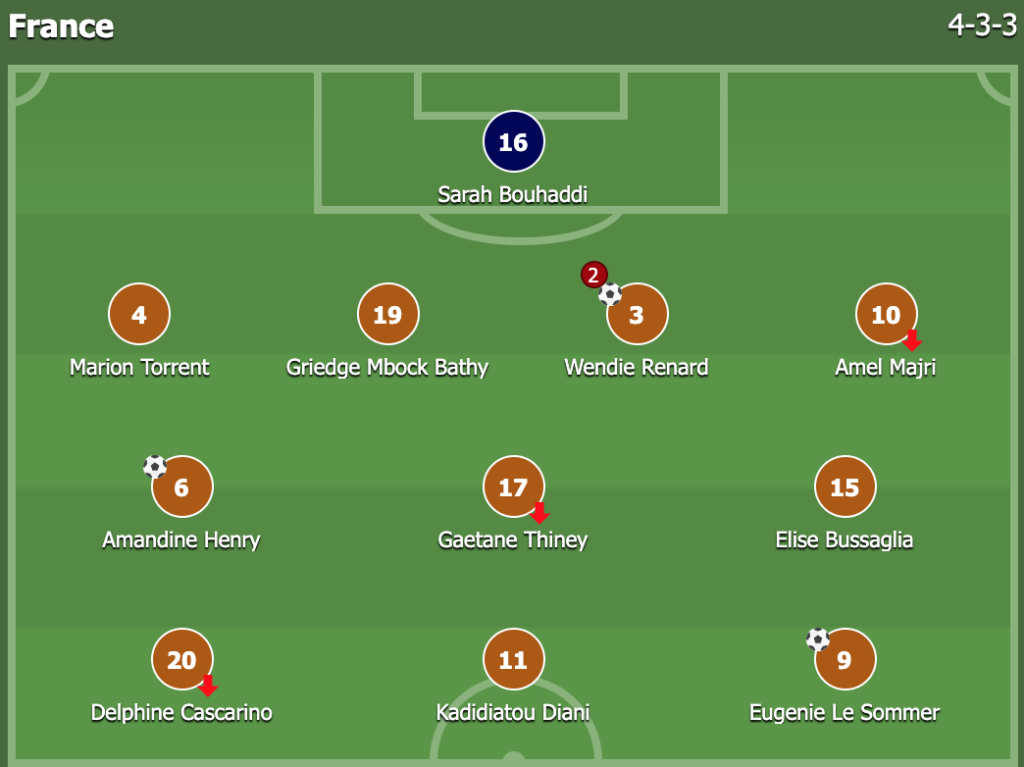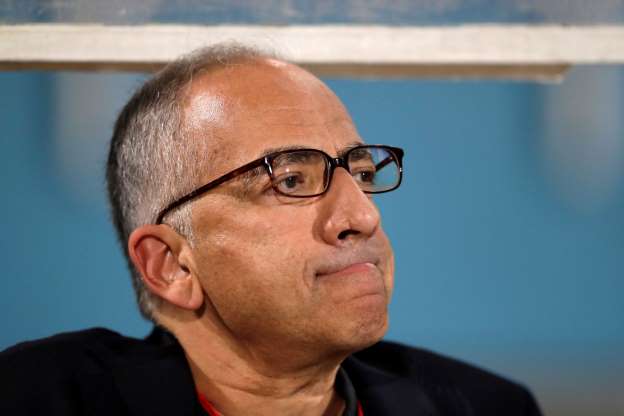There has always been updates and developments in the world of soccer. From the advanced technology in cleats, to meticulous management of the actual turf and grass on the pitch, there has always been something that has changed the game. Now, as we are beginning to implement goal line camera systems, we begin looking at the next frontier of developments, which are already here.
FIFA’s international eligibility rules are a lot like explaining how you are related to someone at a wedding. “My brother’s mom from New York who married Brad from New Hampshire has a cousin,” you know, that whole family jeopardy thing. The eligibility rules have been changed multiple times over the years, but the process is just now beginning to gain fame. Let’s take a look at the current eligibility rules and how many ways you can become eligible.
The first, and most simple, is by being a citizen of a country. It is pretty straightforward most of the time. The next is also pretty simple, being born in a relevant Association. You are also eligible in the countries that your biological parents, and grandparents were born. You may also live continuously for at least 5 years in a country after reaching age 18 and become eligible there as well. It is possible to be eligible for at least 7 different countries on the day you are born. There is also a process of appeal if you have a connection to a country you want to represent, although the process is lengthy and not used very often.
Now, the rules dictate that once you play a competitive senior level match for a country, you are locked into representing that country. As a result, multiple up and coming stars refuse senior level call-ups to prevent being cap tied. Young players are recruited, especially when they have multiple countries of eligibility, to play on the youth sides. Youth players do get the opportunity to have a one-time switch in allegiances if they have played officially for the youth side of a single country. Jack Grealish, the Aston Villa youngster, is the latest to use this exception.
Grealish was born in England, but had been representing the Republic of Ireland at the youth level through his grandparents place of birth. Despite multiple attempted call ups to the senior team, Grealish declined, keeping his options open. Just a few weeks ago, after meeting with England manager Roy Hodgson, he declared his intention to represent England at the international level. This sort of thing is happening more and more, with plenty of countries doing research to expand their player pools.
The United States might be one of the more high profile nations with their roster full of dual citizens and switched allegiances. Jermaine Jones, Fabian Johnson, John Brooks, Aron Johannsson, the list goes on and on. It is hardly just the big nations, it is a free-for-all among the players and associations. Players are switching allegiances more than ever, sparking a modern gold rush in the sport.
Each players’ motivations for switching or choosing a certain allegiance are different. For some, they simply want to play for the country of their birth. For others, they feel a strong connection to family from another country. Even further, some switch for the simple fact that they would not get to play internationally otherwise.
The fallout of players’ decisions usually goes unnoticed, but sometimes situations can get a little sticky. Backdoor deals for World Cup and Euro squad spots have been brought up multiple times, with players receiving criticisms and threats from those who felt they have been done wrong. Some managers will attempt to combat this by not having the player in the squad for matches against their former country.
As more and more players consider switching allegiances, I truly believe that this will be the next big story for the game. This is a modern gold rush, truly a Brand New Frontier, and everyone is hoping to strike it rich.






No Comments